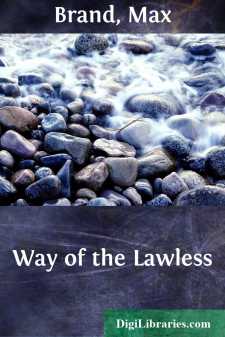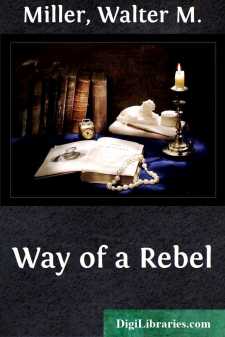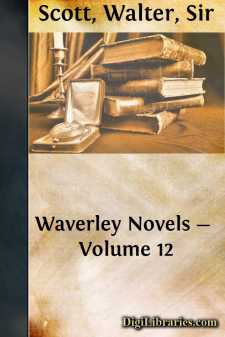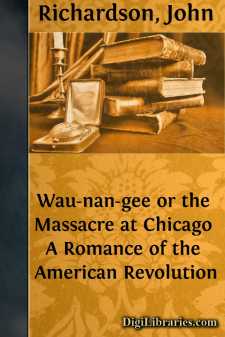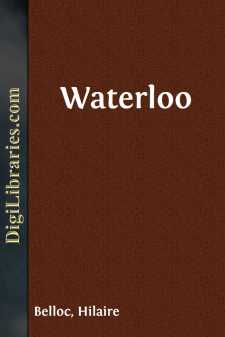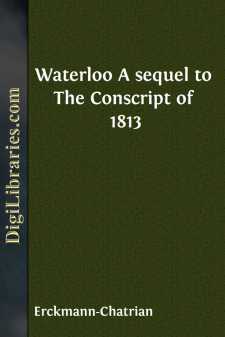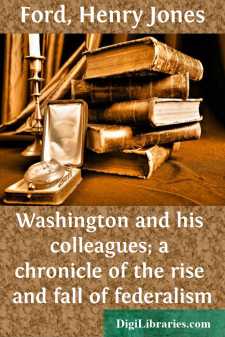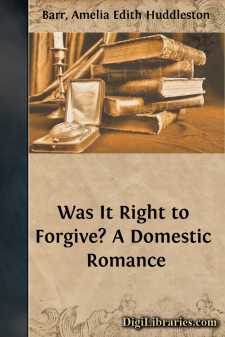Fiction
- Action & Adventure 180
- Biographical 15
- Christian 59
- Classics
- Coming of Age 5
- Contemporary Women 3
- Erotica 8
- Espionage/Intrigue 12
- Fairy Tales, Folklore & Mythology 236
- Family Life 169
- Fantasy 117
- Gay 1
- General 596
- Ghost 32
- Historical 808
- Horror 43
- Humorous 160
- Jewish 25
- Legal 4
- Medical 22
- Mystery & Detective 315
- Political 49
- Psychological 41
- Religious 64
- Romance 159
- Sagas 11
- Science Fiction 730
- Sea Stories 113
- Short Stories (single author) 537
- Sports 10
- Suspense 1
- Technological 8
- Thrillers 2
- Urban Life 31
- Visionary & Metaphysical 1
- War & Military 173
- Westerns 199
Classics Books
Sort by:
by:
Max Brand
CHAPTER 1 Beside the rear window of the blacksmith shop Jasper Lanning held his withered arms folded against his chest. With the dispassionate eye and the aching heart of an artist he said to himself that his life work was a failure. That life work was the young fellow who swung the sledge at the forge, and truly it was a strange product for this seventy-year-old veteran with his slant Oriental eyes...
more...
by:
Walter M. Miller
Lieutenant Laskell surfaced his one-man submarine fifty miles off the Florida coast where he had been patrolling in search of enemy subs. Darkness had fallen. He tuned his short wave set to the Miami station just in time to hear the eight o'clock news. The grim announcement that he had expected was quick to come: "In accordance with the provisions of the Twenty-Sixth Amendment, Congress today...
more...
by:
Walter Scott
Sir Walter Scott transmitted from Naples, in February, 1832, an Introduction for CASTLE DANGEROUS; but if he ever wrote one for a second Edition of ROBERT OF PARIS, it has not been discovered among his papers. Some notes, chiefly extracts from the books which he had been observed to consult while dictating this novel, are now appended to its pages; and in addition to what the author had given in the...
more...
by:
John Richardson
CHAPTER I. “He has come to ope the purple testament of war.” —Richard II It was the 7th of August, 1812, when Winnebeg, the confidential Indian messenger of Captain Headley, commanding Fort Dearborn, suddenly made his appearance within the stockade. With a countenance on which was depicted more of the seriousness and concern than usually attach to his race, he requested the officer of the guard,...
more...
CHAPTER I. DEPARTURE FROM DETROIT. It was on a dark, rainy evening in the month of September, 1830, that we went on board the steamer "Henry Clay," to take passage for Green Bay. All our friends in Detroit had congratulated us upon our good fortune in being spared the voyage in one of the little schooners which at this time afforded the ordinary means of communication with the few and distant...
more...
by:
Hilaire Belloc
THE POLITICAL OBJECT AND EFFECT OF THE WATERLOO CAMPAIGN It must continually be insisted upon in military history, that general actions, however decisive, are but the functions of campaigns; and that campaigns, in their turn, are but the functions of the political energies of the governments whose armies are engaged. The object of a campaign is invariably a political object, and all its military effort...
more...
The joy of the people on the return of Louis XVIII., in 1814, was unbounded. It was in the spring, and the hedges, gardens, and orchards were in full bloom. The people had for years suffered so much misery, and had so many times feared being carried off by the conscription never to return, they were so weary of battles, of the captured cannon, of all the glory and the Te Deums, that they wished for...
more...
by:
Richard Rush
INTRODUCTORY EXPLANATION. The manuscript or paper here published was prepared from a collection of original letters from General Washington on matters, for the most part, purely domestic and personal, addressed to Colonel Tobias Lear, his private Secretary for a part of the time he was President; and then, and during periods much longer, his confidential friend. They came into my hands through the...
more...
by:
Henry Jones Ford
CHAPTER I AN IMITATION COURT Washington was glad to remain at Mount Vernon as long as possible after he had consented to serve as President, enjoying the life of a country gentleman, which was now much more suited to his taste than official employment. He was weary of public duties and the heavy demands upon his time which had left him with little leisure for his private life at home. His...
more...
CHAPTER I Peter Van Hoosen was a result of Dutch Calvinism, and Dutch industry and thrift; also, of a belief in the Day of Judgment. The first motives were inherited tendencies, carefully educated; the last one, a conscious principle, going down to the depths of his nature and sharply dividing whatever was just and right from whatever was false and wrong. People whose religion was merely religiosity...
more...


